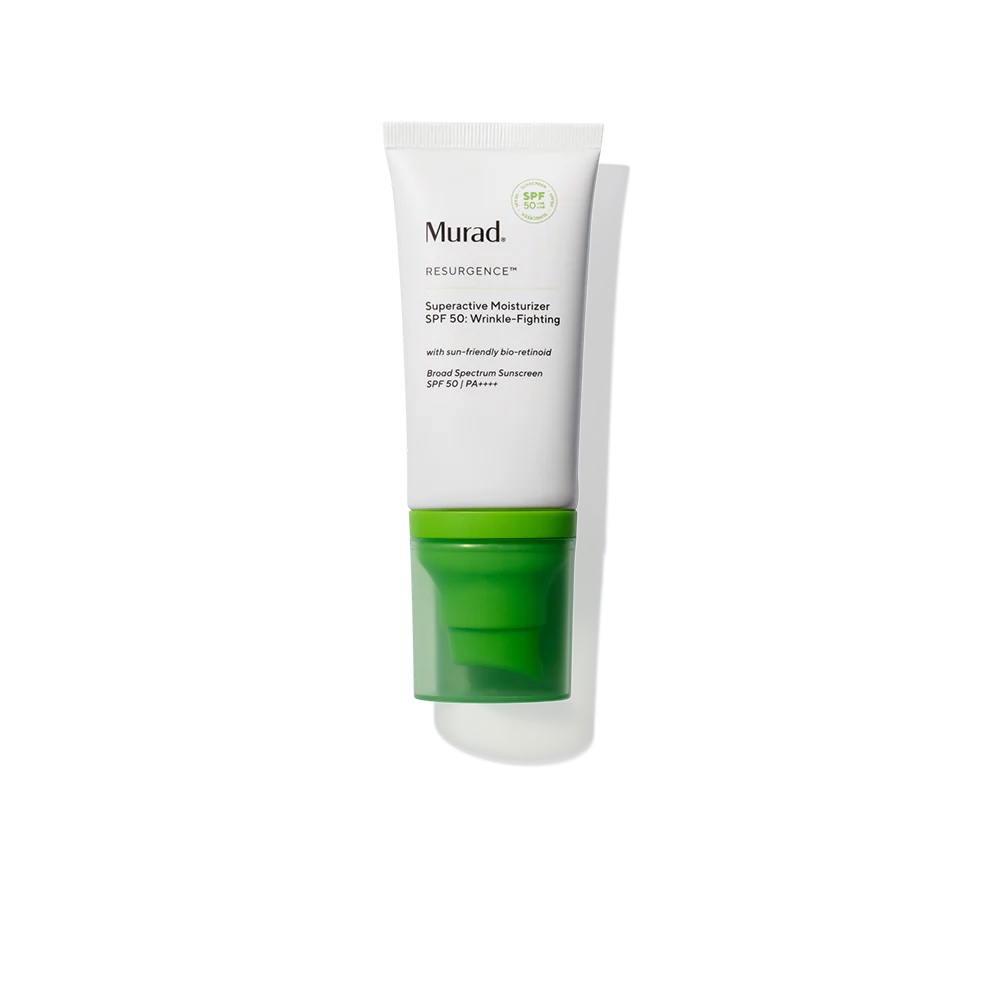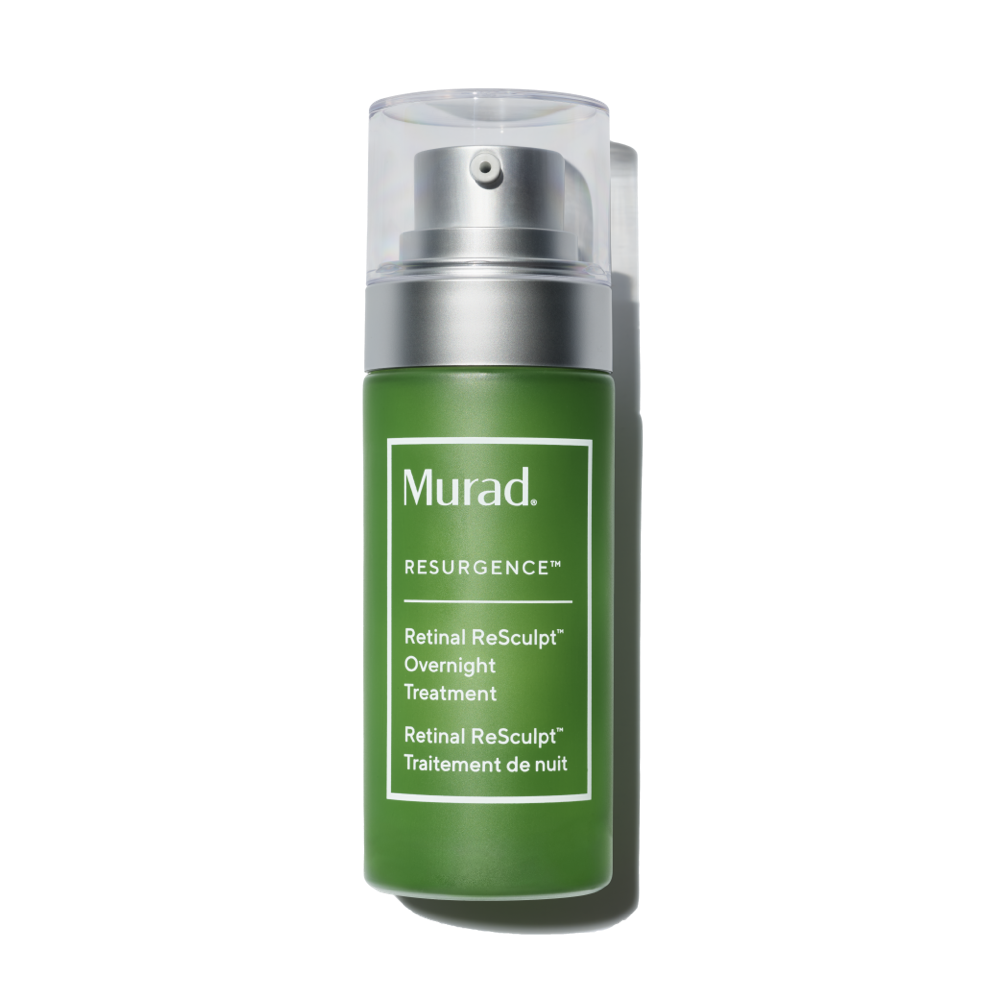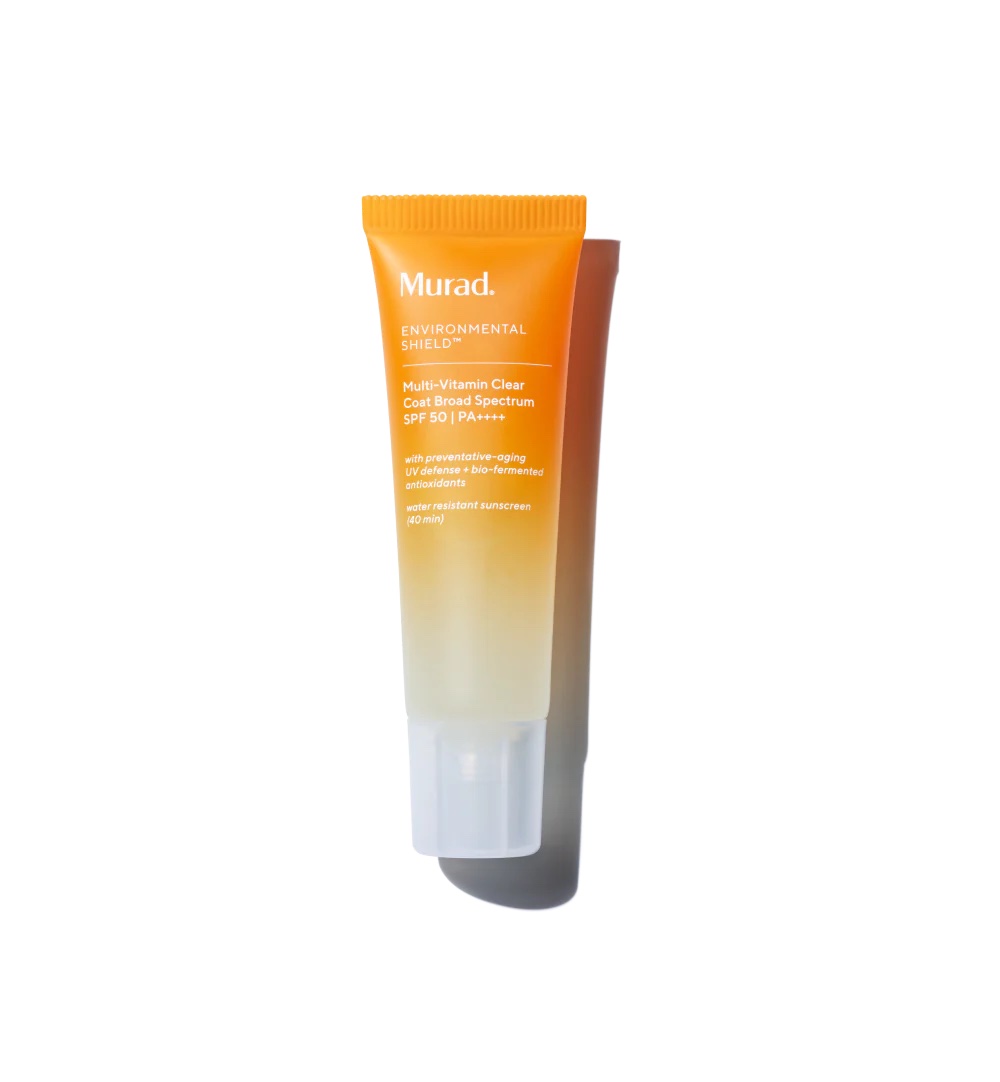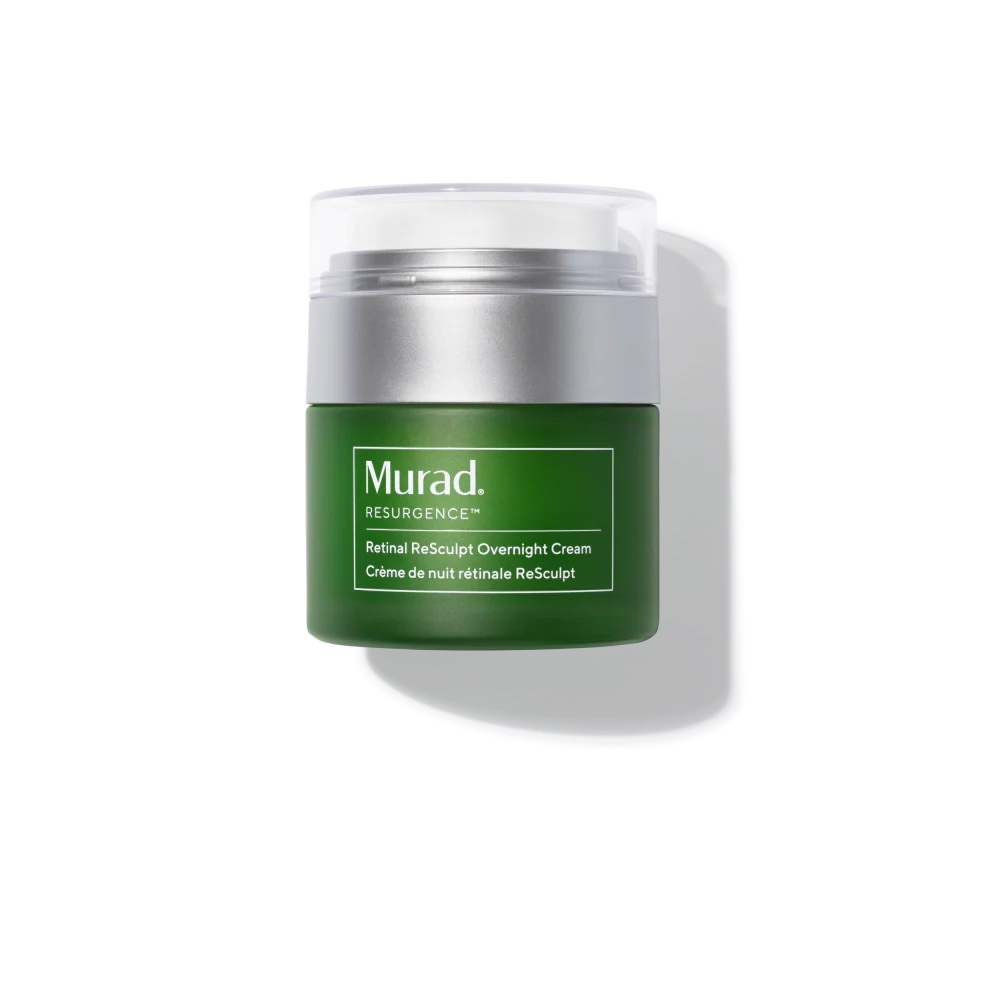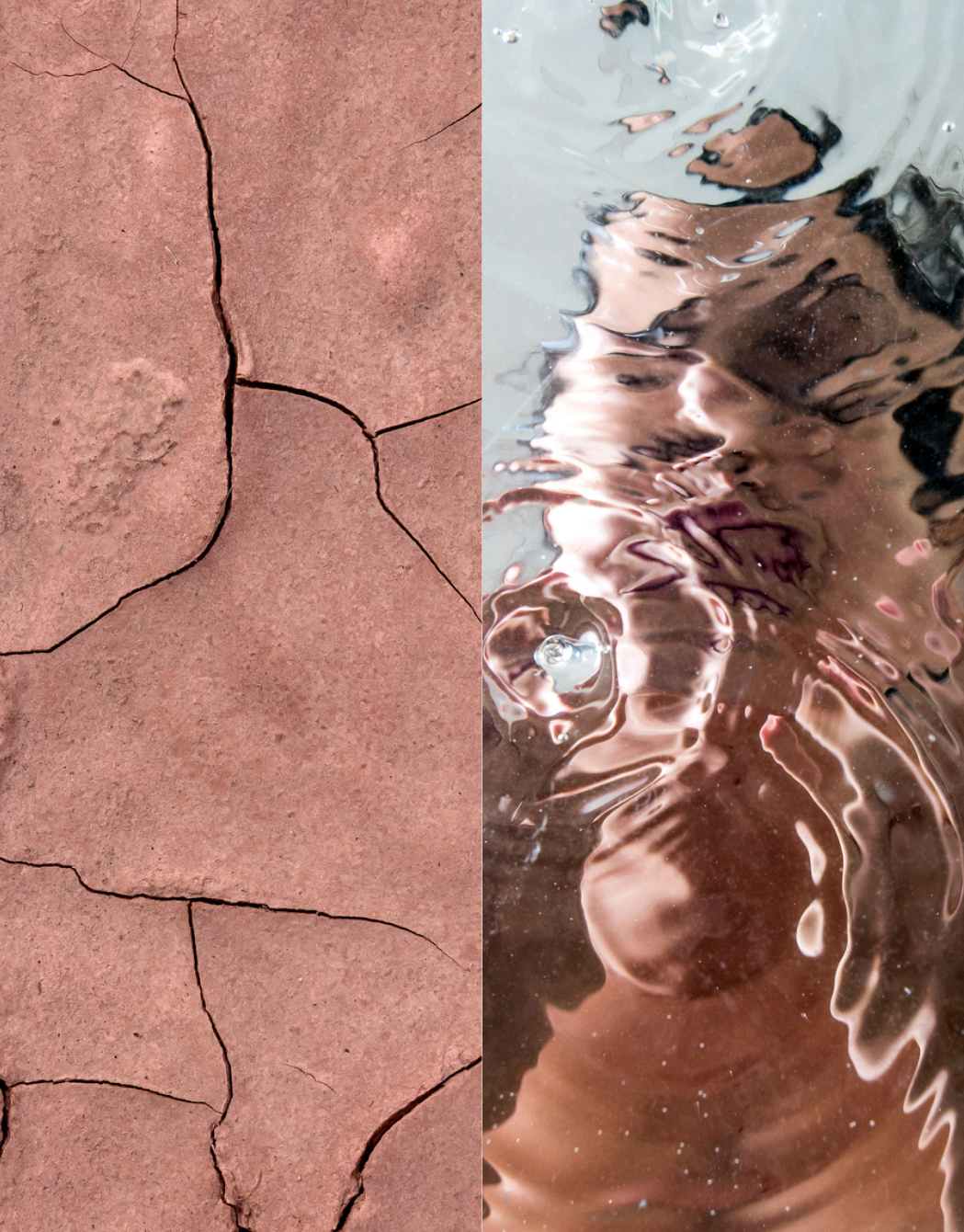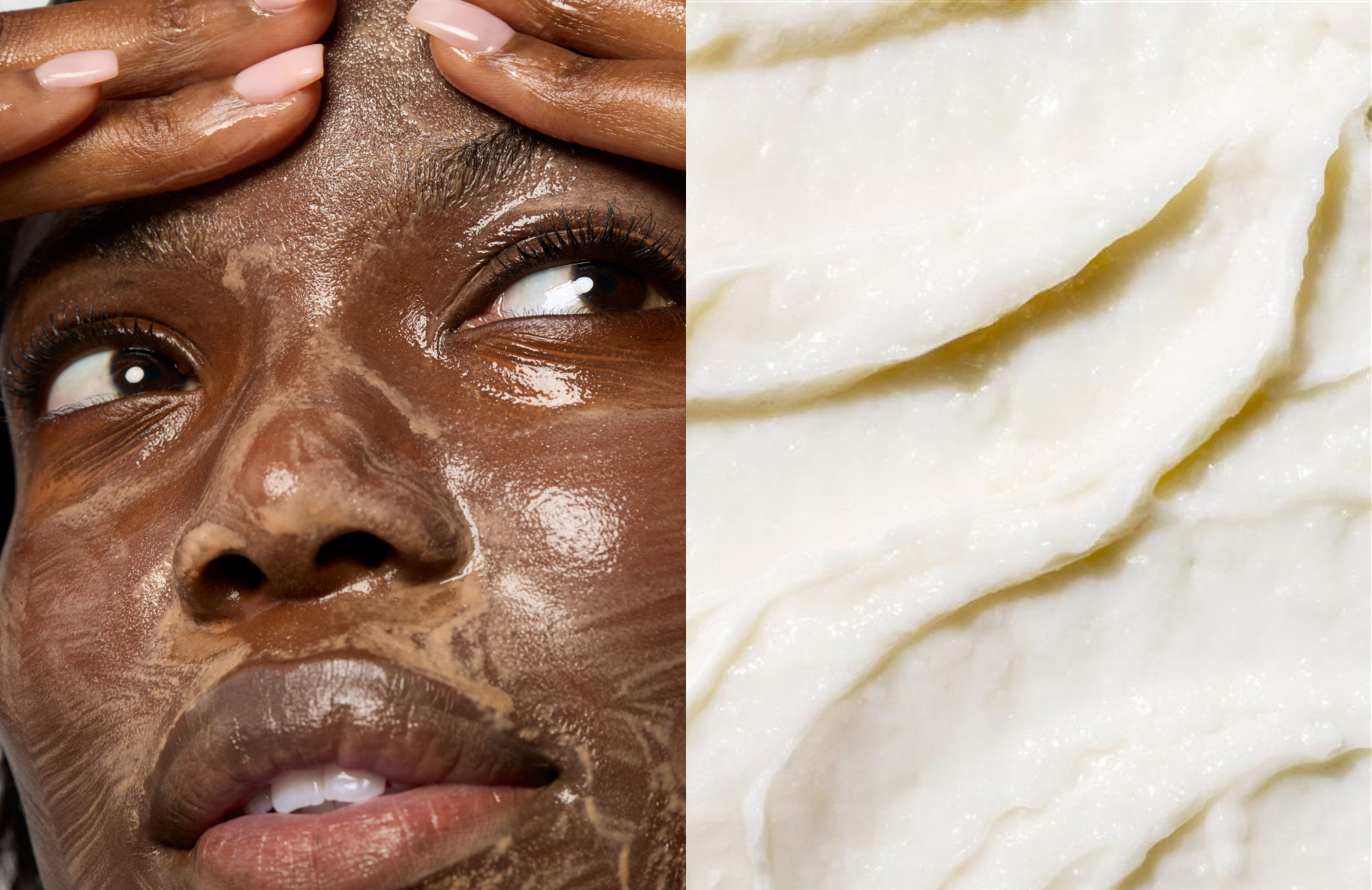Love the benefits of retinol? Then don’t skip this essential skincare step
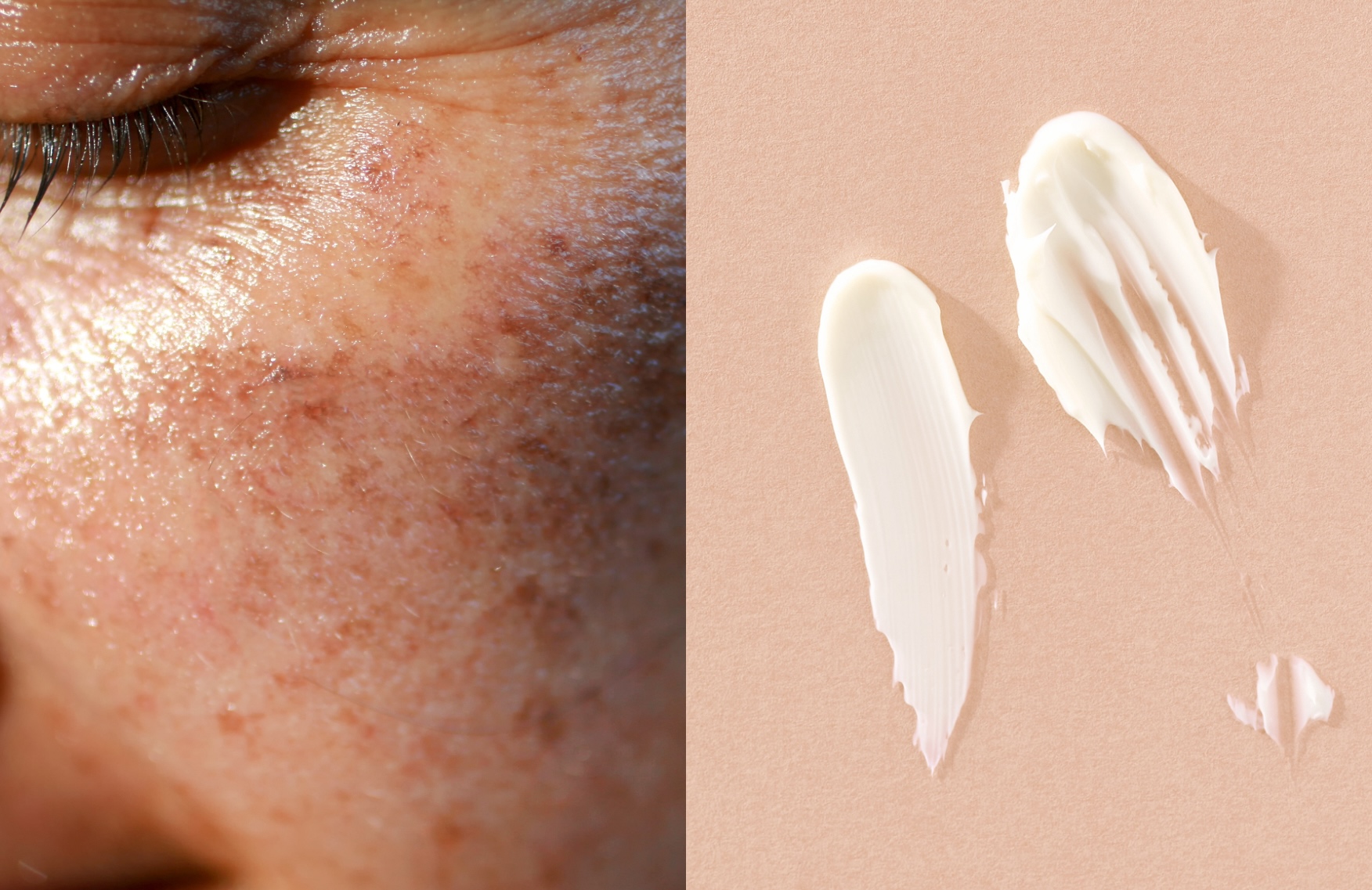
When it comes to anti-aging powerhouses, few ingredients can match the impressive benefits of retinol. This vitamin A derivative is clinically proven to smooth fine lines, boost collagen production, improve skin texture, and reveal a more radiant complexion. Much like collagen skincare products, retinol works to strengthen skin’s structure from within, making it a cornerstone of any effective anti-aging routine.
If you’re already incorporating a targeted retinol treatment into your routine, you’re on the right track. But here’s the thing: retinol shouldn’t work alone. There’s one essential step that can make or break your retinol results, and skipping it undermines all those youth-enhancing, collagen-boosting effects you’re working so hard to achieve.
That crucial step? Daily sunscreen protection. Retinol may be the skincare holy grail for combatting wrinkles, boosting collagen production and imparting smoothness and radiance, but it shouldn’t work alone. Damaging, daily UV exposure undermines retinol’s youth-enhancing, collagen-boosting results.
That’s why you must protect your retinol investment with the “other” preventative aging ingredient: sunscreen.
What the sun is doing to your skin
For some, feelings about sunscreen are a complete 180 from their love for retinol (read: they hate it). No other skincare product has a worse reputation than goopy, thick, chalky SPF. But if ever a product deserved a hero edit, it’s sunscreen. When you select a broad-spectrum sunscreen that’s ideally at SPF 30, you’re shielding your skin from a process called photoaging.
Photoaging is a one-word description for how UV radiation from the sun causes cumulative damage that makes skin age prematurely. “Also known as photodamage, extrinsic aging, sun damage or simply dark spots, photoaging is responsible for 90% of the visible changes we see in our skin,” says Lori Cahitas, esthetician and manager of global education content for professional skin therapists.
What’s photoaging look like on skin? Deep-set, static wrinkles, dark spots, uneven tone and skin sagging.
What happens if you use retinol without sunscreen?
If you’re using retinol to prevent or correct those same signs of skin aging listed above, you might be wasting your time if you’re not applying sunscreen daily.
Why? Because (as we mentioned) at least 90% of skin damage and signs of aging on skin come from UVA/UVB rays. Not applying sunscreen while using retinol in your skincare regimen is, quite simply, counterproductive. If you’re going to invest in targeting signs of aging with retinol, SPF is the mandatory partner for protecting your investment.
Cahitas tells us, “Many believed sunscreen was a critical companion to retinol because it was protecting skin during cell rejuvenation, which can cause skin thinning and increase the potential for sun damage. In fact, retinol doesn’t thin skin, but does stimulate a thicker dermis by strengthening and encouraging collagen and elastin production,”
However, as retinol helps shed the top layers of dead skin cells, newer and more delicate cells are more sun-sensitive, making SPF an absolutely mandatory partner to retinol.
It’s also believed that retinol loses efficacy when it comes in contact with UV light, which is why so many dermatologists recommend using it at night. Modern dispersions of retinols are being proven to be sun safe—but that doesn’t mean you can skip on the sunscreen.
The perfect retinol and sunscreen combination
Wearing sunscreen during the day—especially if retinol is part of your regimen—helps prevent the very signs of aging that you’re trying to undo or prevent with retinol. Dr. Howard Murad, board-certified dermatologist and founder of Murad Skincare says, “If you truly want to safeguard your skin against dark spots and fine lines, wearing SPF on a daily basis is as crucial as any treatment targeting those concerns.”
For the most effective anti-aging routine, pair your retinol treatment with a high-quality sunscreen designed for daily use. This combination ensures you’re both treating existing signs of aging and preventing future damage.
And what about retinol use in the summer? “You can use retinol in the summer if you’re actively and scrupulously protecting your skin every single day with a generous application of SPF,” Cahitas advises. To take extra precautions, use retinol as part of your nighttime skincare regimen.
FAQs
- What are the main benefits of retinoids?
- Retinol boosts collagen production and imparts smoothness and radiance. It also helps smooth out wrinkles and signs of photodamage.
- Why do I need anti-aging sunscreen with retinol?
Using a sunscreen with retinol in one formula is combining two skincare essentials in one step. Retinoids stimulate collagen production, which helps lessen the intensity of wrinkles and sagging skin, improve skin tone, and smooth rough texture. SPF is the ultimate preventative aging step: it guards your skin against wrinkles and dark spots, protects retinol-treated skin that might be more sensitive to the sun, and helps maintain the smooth skin benefits retinol provides. - How does retinol compare to collagen skincare products?
- Retinol and collagen can be used as complementary therapies for healthy, vibrant, youthful skin. Collagen is a major protein in the skin that gives skin that bouncy snap-back elasticity that’s more common in younger skin. It helps skin retain water (a barometer of healthy skin) and can prevent dryness (dryness can lead to fine lines and dullness that contributes to visibly aged skin), strengthens the skin barrier, and can help skin maintain firmness and elasticity. Retinol accelerates cell turnover/cell renewal to help enhance firmness, lessen wrinkles, smooth skin roughness, and help minimize the look of large pores.
The views expressed in this article do not necessarily represent the views of Murad, and are for informational purposes only, even if the advice of physicians and medical practitioners are included. This article is not a substitute for professional medical advice, diagnosis or treatment, and should not looked be considered specific medical advice.
References for this information:
Skin Cancer Website, Photoaging
Nutrients, 2023, volume 15, issue 9
